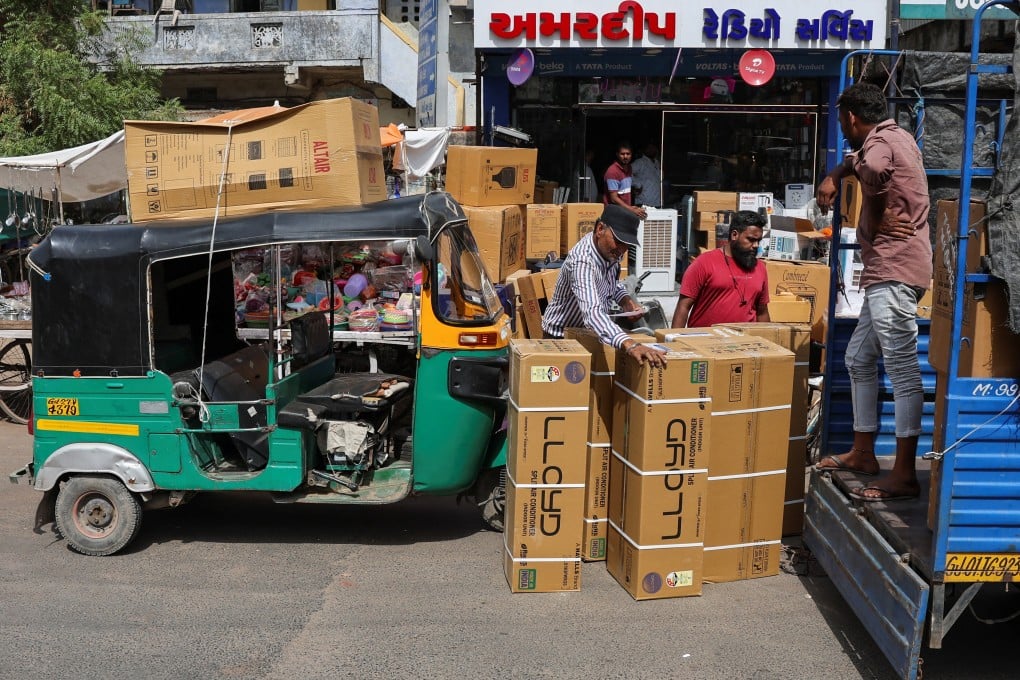Advertisement
Opinion | How Asia’s demand for air con threatens its climate change goals
- Heatwaves across Asia are driving demand for air conditioners, which are both a way to ease the effects of heat and a contributor to climate change
- As governments test out solutions, energy flexibility and incentives for consumers to shift power use to off-peak hours offer a promising way forward
Reading Time:3 minutes
Why you can trust SCMP
1

On May 29, India woke up to the news that its capital city was burning up with extreme heat. Reports said New Delhi had recorded a staggering temperature of 52.9 degrees Celsius (127.2 degrees Fahrenheit).
Advertisement
News outlets were quick to point out that this was the second highest temperature on record globally, second only to the 56.7 degrees recorded in Death Valley, California, in 1913. Not long after the record-breaking temperature was publicised, the India Meteorological Department said it could have been because of a faulty sensor. The previous day had multiple recorded readings of 49.9 degrees.
Regardless of whether sensors are faulty or not, this heatwave has been going on for weeks. It has also coincided with India’s general election, amid worries it could have affected voter turnout.
Last month, 37 cities across India saw temperatures rise above 45 degrees. While Death Valley has few residents – under 1,000 people – these Indian cities are among the world’s most populous. More than 50 heatstroke deaths have been officially confirmed across the country from March to May, and many others have been reported.
Extreme heat is here to stay, and it’s not just India’s problem. Since April, large parts of South and Southeast Asia – including Pakistan, Indonesia, Myanmar, Malaysia and the Philippines – have endured prolonged extreme heat.
Advertisement
As temperatures rise, so do people’s energy needs and bills. Those who can afford it turn to air conditioning, the most immediate way to mitigate the effects of extreme heat. Air conditioner manufacturers in India have reported they face shortages amid an unprecedented level of demand.

Advertisement
